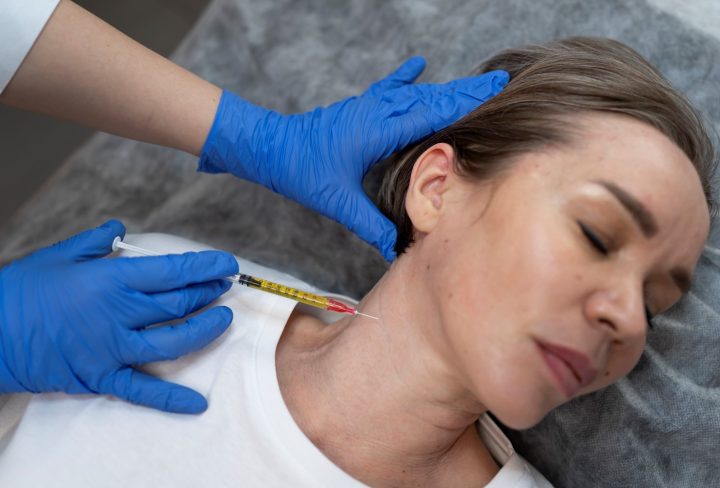Fine-needle aspiration (FNA) biopsy is a minimally invasive procedure that involves the removal of a small tissue or fluid sample from a specific area of the body using a thin needle.
This procedure is commonly used to diagnose various medical conditions such as cancer, infections, and other abnormalities.
Why is it done?
FNA biopsy is performed to diagnose medical conditions such as cancer, infections, and other abnormalities. It is also used to determine the severity of a medical condition and to evaluate the effectiveness of treatment. FNA biopsy is a quick and easy way to diagnose various medical conditions without the need for surgery.
How does it work?
During the FNA biopsy procedure, a thin needle is inserted into the area of the body that needs to be examined. The needle is then guided to the area of concern using ultrasound, CT scan, or other imaging techniques. Once the needle is in place, a small sample of tissue or fluid is removed and sent to the lab for analysis.
How to prepare?
Preparing for an FNA biopsy procedure is relatively simple.
Your doctor will give you instructions on how to prepare for the procedure. Generally, you will need to avoid eating or drinking for a few hours before the procedure. You may also need to stop taking certain medications before the procedure.
What to expect?
Before the procedure, your doctor will explain the procedure to you and answer any questions you may have. During the procedure, you may feel some discomfort or pressure, but the procedure is generally not painful. After the procedure, you may experience some mild pain or discomfort, but this usually goes away quickly.
Benefits and Risks
FNA biopsy is a safe and effective procedure that offers many benefits. It is minimally invasive, quick, and does not require surgery.
The risks associated with FNA biopsy are minimal and include bleeding, infection, and damage to surrounding tissues. The benefits of FNA biopsy include accurate diagnosis of medical conditions, reduced need for surgery, and faster recovery times.
FNA biopsy vs Core biopsy
FNA biopsy is a minimally invasive procedure that involves the removal of a small tissue or fluid sample using a thin needle. Core biopsy, on the other hand, involves the removal of a larger tissue sample using a larger needle. While both procedures are effective in diagnosing medical conditions, FNA biopsy is generally quicker and less invasive than core biopsy. In conclusion, FNA biopsy is a safe and effective procedure that is used to diagnose various medical conditions. If you are experiencing symptoms of a medical condition or have concerns about your health, talk to your doctor about whether an FNA biopsy may be right for you.
